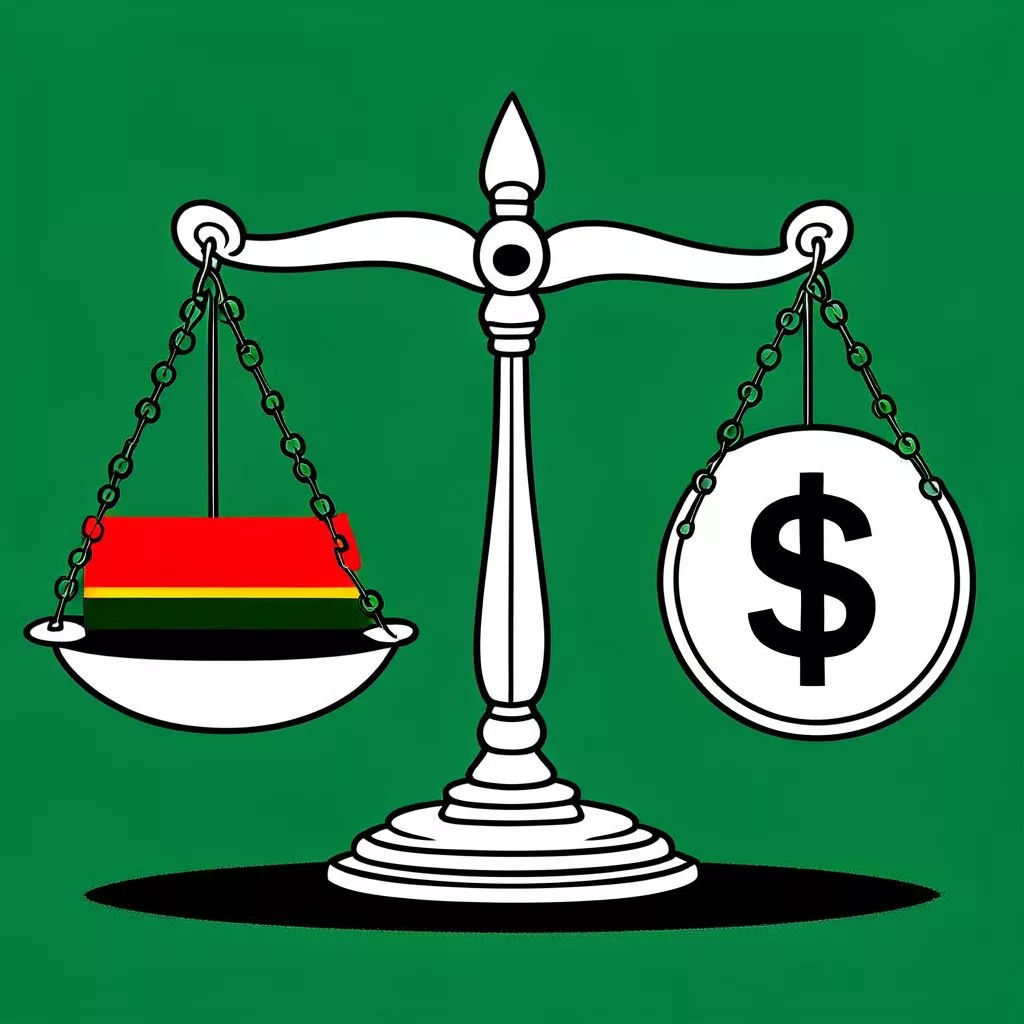Rob Hersov is a sharp critic of South Africa’s current political scene, especially the ruling ANC party, which is losing support from black voters. He believes that while the ANC had some successes in the past, it is now plagued by corruption and inefficiency. Hersov also questions the strength of opposition parties, suggesting they are too weak to challenge the ANC effectively. His comments spark important conversations about fairness, privilege, and the need for real change in South Africa’s society. Overall, he urges South Africans to engage in open discussions to build a better future together.
What are Rob Hersov’s views on South Africa’s political and socio-economic landscape?
Rob Hersov critiques South Africa’s political landscape, highlighting growing dissatisfaction with the ANC among black voters. He questions the viability of opposition parties and emphasizes the need for accountability and reform. His insights provoke discussions on equality, meritocracy, and historical privilege in modern South Africa.
A Nation at a Crossroads
Rob Hersov, a well-known South African entrepreneur and outspoken critic of the government, has sparked significant debate on the shifting political landscape of South Africa. Through his incisive analysis, Hersov has depicted a nation on the brink of major ideological changes. His views deserve thorough consideration, as they highlight growing dissatisfaction among black voters with the ruling African National Congress (ANC) and suggest wider socio-economic consequences.
In a recent interview on Biz News TV, Hersov pointed out the increasing disenchantment among South Africans towards the ANC. “We must recognize that many black South Africans have already stopped voting for the ANC. Their heads are up and they are looking around,” he noted. This observation marks a crucial shift, potentially signaling a new chapter in South African politics. The ANC, once a symbol of hope and advancement, now faces growing criticism from its traditional supporters.
However, Hersov’s critique extends beyond the ANC. He questioned the stability and viability of the MK (Mkhonto we Sizwe Military Veterans Association) and the Economic Freedom Fighters (EFF) as credible alternatives. “MK is a 15% threat, but they are currently stabbing each other in the backs, and we need to capitalize on that. The EFF is disintegrating; it’s going to end with Julius getting nowhere,” he stated. This analysis underscores the fragmented state of South Africa’s political opposition and the challenges in forming a unified, credible alternative to the ANC.
Reflections on the ANC’s Evolution
Interestingly, Hersov did acknowledge some of the ANC’s past accomplishments. He admitted, “So we have to give the ANC some credit, or we’re going to lose the ideological battle, and this is a battle about ideology.” Up until 2012, he noted, the ANC had made notable progress in uplifting the impoverished. Nevertheless, he contrasted this with the post-2012 period, which he claims has been plagued by widespread corruption and inefficiency. This narrative aligns with broader criticisms of the ANC, which has struggled to uphold its integrity and effectiveness amid internal challenges and external pressures.
Hersov’s observations also ventured into contentious socio-economic issues. He addressed the topic of historical advantages and their lasting impact on modern South Africa. “White South Africans excel in academics and competition,” he stated, suggesting that this legacy continues to create disparities. He further argued, “Competing with us on merit remains a daunting prospect that most black South Africans won’t support.” These provocative statements shine a light on the deep-rooted issues of inequality and the complex interplay of race and merit in South African society.
Additionally, Hersov criticized the Expropriation Bill, arguing that such policies discourage foreign investment and damage South Africa’s international standing. His stance reflects a broader concern among business leaders about the economic consequences of such legislation. Last month, he stirred further controversy by advocating for the US government to reduce aid to South Africa. This followed reports of a sanctions list targeting over 40 local politicians and radical figures, indicating his alignment with a stricter approach to governmental accountability.
Broader Implications for South African Society
Hersov’s insights are more than just critiques; they offer reflections on the broader socio-political landscape. They prompt us to consider the nuanced realities of South Africa’s journey. His mention of historical advantages touches on a recurring theme in post-apartheid South Africa, where the legacies of the past continue to shape the present. The country’s ongoing struggle with racial and economic disparities complicates efforts to create a more equitable society.
The political landscape in South Africa is indeed evolving, with growing dissatisfaction among constituents who once formed the backbone of the ANC. This discontent is not merely a reflection of the party’s current leadership; it is also a response to broader systemic issues. Hersov’s observations, while often controversial, highlight the need for an open conversation about the nation’s future. His critique of the ANC serves as a call to action for all South Africans to engage in meaningful dialogue and seek substantial solutions.
Moreover, the instability within opposition parties like the MK and the EFF further complicates this political transition. Hersov’s assertion that these parties lack stability highlights a critical challenge for South Africa. The need for a strong, united opposition is essential in a democratic society. Without it, the risk of political stagnation and continued disenchantment remains high.
Navigating Socio-Economic Challenges
In juxtaposing the ANC’s past successes with its current shortcomings, Hersov offers a balanced yet critical perspective. His acknowledgment of the party’s early achievements serves as a reminder of its potential, while his critique of its present state calls for introspection and reform. This duality encapsulates the complex reality of South African politics, where progress and regression often occur simultaneously.
Hersov’s comments on the socio-economic front also provoke essential discussions about meritocracy and historical privilege. His assertion that white South Africans maintain an academic and competitive edge raises important questions about equality and opportunity. These discussions are crucial as South Africa continues to grapple with the legacy of apartheid and strives towards a more inclusive society.
The Expropriation Bill and its implications on foreign investment add another layer of complexity to the socio-political landscape. Hersov’s critique reflects a broader concern about the economic direction of the country. His support for reducing foreign aid underscores a belief in the need for internal accountability and reform.
In conclusion, Rob Hersov’s commentary provides a rich tapestry of insights into the evolving dynamics of South African politics and society. His observations, while sometimes contentious, underscore critical issues that warrant attention and discussion. As South Africa stands at a crossroads, Hersov’s insights serve as a valuable contribution to the ongoing dialogue about the nation’s future.
His critique of the ANC, coupled with his analysis of opposition parties, highlights the need for a robust political discourse and the formation of credible alternatives. Furthermore, his comments on socio-economic issues open up essential conversations about equality, meritocracy, and historical privilege. These discussions are vital for South Africa as it seeks to navigate the complex legacies of its past and forge a path towards a more equitable future.
Ultimately, Hersov’s perspectives are a call for introspection and reform. They challenge South Africans to engage in meaningful dialogue, address systemic issues, and work together towards building a more just and inclusive society.
“`markdown
What are Rob Hersov’s main critiques of the ANC?
Rob Hersov criticizes the ANC for losing support among black voters and for being plagued by corruption and inefficiency, especially post-2012. He acknowledges the party’s past successes but emphasizes the urgent need for accountability and reform in light of its current failings.
How does Hersov view the opposition parties in South Africa?
Hersov expresses skepticism about the viability of opposition parties like the MK and the EFF, describing them as too fragmented and weak to effectively challenge the ANC. His analysis points to internal conflicts within these parties as a barrier to their potential as credible alternatives.
What socio-economic issues does Hersov highlight in his commentary?
Hersov discusses the lasting impacts of historical privilege in South Africa, particularly the competitive advantages that white South Africans hold in academics and other areas. He raises critical questions about equality, meritocracy, and the challenges faced by black South Africans in competing on equal footing.
What is Hersov’s stance on the Expropriation Bill?
Hersov is critical of the Expropriation Bill, arguing that it discourages foreign investment and negatively impacts South Africa’s international standing. He believes such policies could exacerbate the country’s economic challenges and calls for a more accountable government approach.
Why does Hersov advocate for open discussions among South Africans?
Hersov urges South Africans to engage in open discussions about their political and socio-economic landscape. He believes that meaningful dialogue is essential for addressing systemic issues and forging a path toward a more equitable society, especially given the current dissatisfaction with the ruling party.
How does Hersov’s critique contribute to the broader conversation about South Africa’s future?
Hersov’s insights serve as a call to action for all South Africans to reflect on the nation’s past and present challenges. His commentary encourages critical discussions around political accountability, socio-economic disparities, and the need for a robust opposition, ultimately aiming to inspire collective efforts toward a more just and inclusive future.
“`












